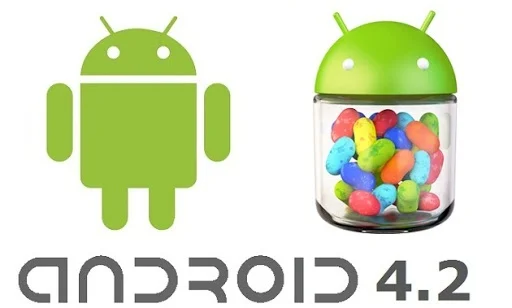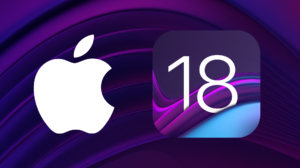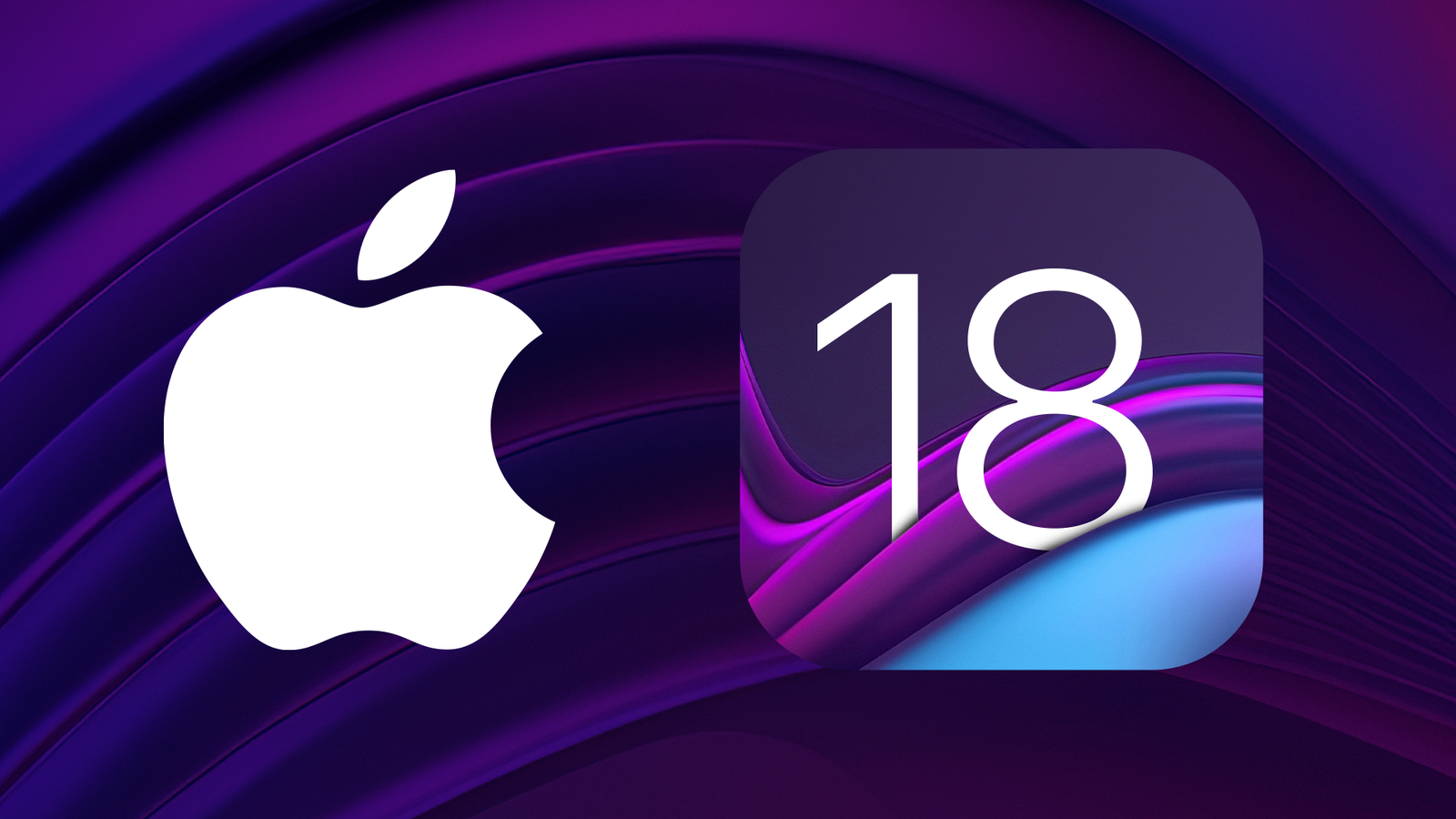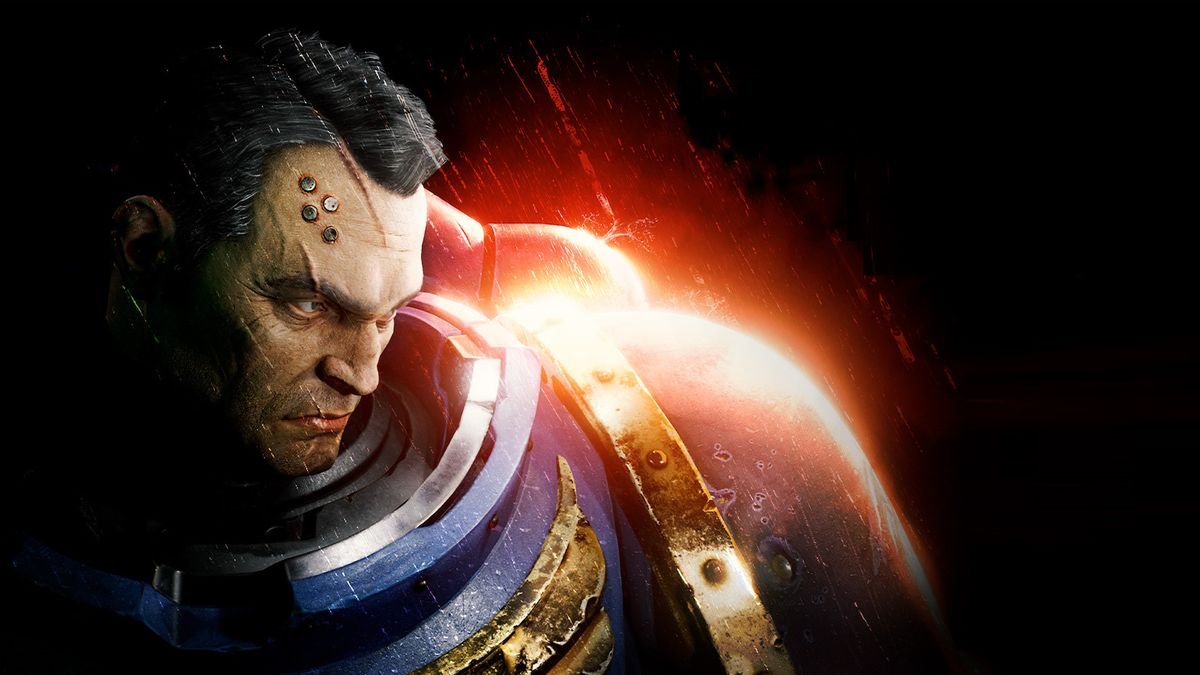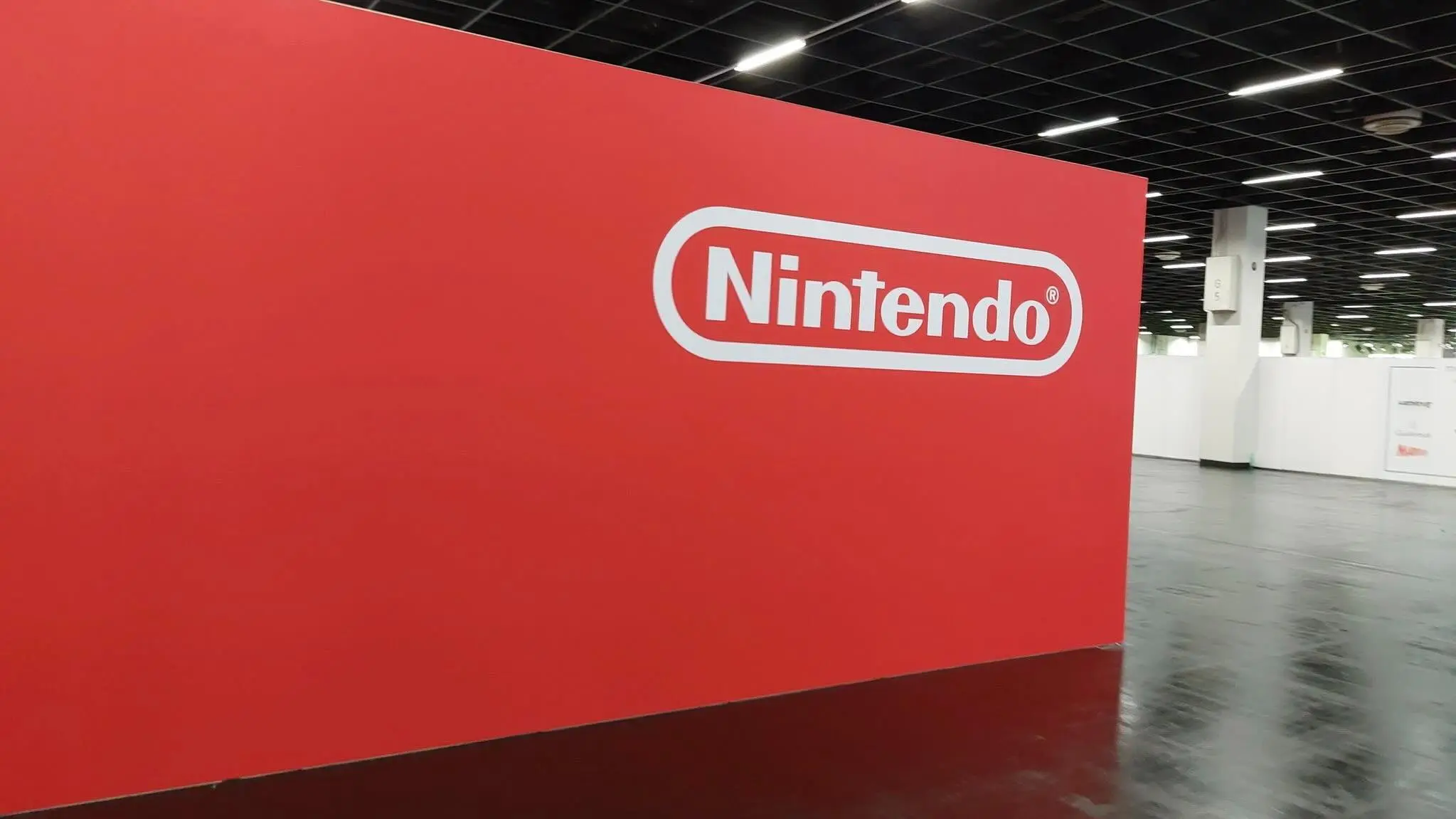Android 4.2 (Jelly Bean) and Windows Phone 8 are two of the most popular mobile operating systems in the world. Both platforms have their own strengths and weaknesses, so it’s important to know the key differences before choosing which one is right for you.
User Interface
One of the biggest differences between Android 4.2 and Windows Phone 8 is the user interface. Android uses a more traditional approach with a home screen that can be customized with widgets, shortcuts, and folders. Windows Phone 8, on the other hand, uses a tile-based interface where each app is represented by a live tile that displays constantly updated information.
App Selection
Another key difference is the app selection. While both Android and Windows Phone have a wide selection of apps to choose from, Android has a clear advantage in terms of quantity. There are millions of apps available on the Google Play Store, compared to just a few hundred thousand apps in the Windows Phone Store.
Hardware Compatibility
Android is a much more open platform than Windows Phone, which means that it’s compatible with a wider range of hardware devices. Windows Phone devices, on the other hand, are typically more expensive and have less hardware variety to choose from.
Other Features
Here are some other key differences between Android 4.2 and Windows Phone 8:
- Google Now: Android 4.2 introduced Google Now, a personal assistant app that provides proactive information and suggestions based on your needs. Windows Phone 8 does not have a similar feature.
- Widgets: Android widgets allow you to add information and functionality to your home screen. Windows Phone does not have widgets.
- Multi-user support: Android 4.2 introduced multi-user support for tablets, which allows multiple users to share a single device with their own personalized accounts and settings. Windows Phone 8 does not have multi-user support.
- Customization: Android is a much more customizable platform than Windows Phone. You can change almost every aspect of the Android user interface, including the look and feel of the home screen, the app drawer, and the notification bar. Windows Phone is much more limited in terms of customization.
Which One is Right for You?
So, which mobile operating system is right for you? Android 4.2 and Windows Phone 8 are both great platforms, but they have different strengths and weaknesses.
If you’re looking for a platform with a wide selection of apps, hardware compatibility, and customization options, then Android is the better choice. If you’re looking for a platform with a simple user interface, good battery life, and tight integration with Microsoft services, then Windows Phone is the better choice.
Here is a summary of the key differences between Android 4.2 (Jelly Bean) and Windows Phone 8 in the form of pointers and bullet points:
Android 4.2 (Jelly Bean)
- Pros:
- Wide selection of apps
- Hardware compatibility
- Customization options
- Google Now
- Widgets
- Multi-user support
- Cons:
- More complex user interface
- Can be less battery efficient than Windows Phone
Windows Phone 8
- Pros:
- Simple user interface
- Good battery life
- Tight integration with Microsoft services
- Cons:
- Smaller selection of apps
- Less hardware compatibility
- Fewer customization options
- No Google Now
- No widgets
- No multi-user support
Ultimately, the best way to decide which mobile operating system is right for you is to try both of them out and see which one you prefer.

